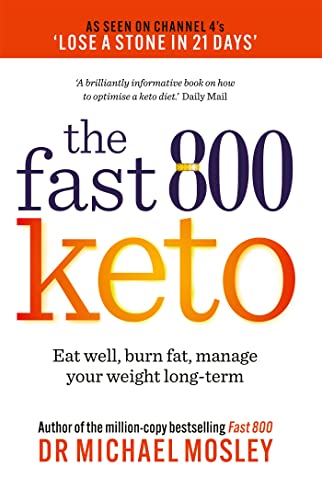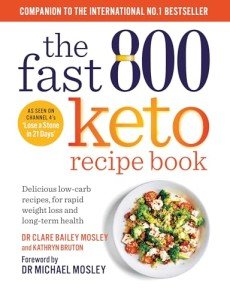Exploring Keto Diet's Safety: Myths and Risks Debunked
The ketogenic diet, or keto diet, has gained tremendous popularity as an effective approach to weight loss. However, the safety and suitability of this low-carbohydrate, high-fat diet for everyone is a topic of debate. In this article, we will examine the keto diet's safety, debunk common myths, and explore potential risks to help individuals seeking to lose weight make informed decisions.
Understanding the Keto Diet:
The ketogenic diet is a low-carbohydrate, high-fat diet that aims to induce a state of ketosis in the body. Ketosis occurs when the body burns fat for fuel instead of carbohydrates, leading to weight loss. By restricting carbohydrate intake and increasing fat consumption, the body switches its primary energy source from glucose to ketones, which are produced by the liver.
Safety of the Keto Diet:
While the keto diet can be effective for weight loss, it may not be suitable for everyone. Individuals with certain medical conditions (pregnancy, high blood pressure) or who are taking specific medications should exercise caution and consult their healthcare provider before starting the diet.
KETO Masterpiece
Discover the ultimate masterpiece in the keto diet revolution with our premium weight loss products
Product information
£14.28
Product Review Score
4.34 out of 5 stars
113 reviews
Product links
KETO Masterpiece
Discover the ultimate masterpiece in the keto diet revolution with our premium weight loss products
Product information
£14.28
Product Review Score
4.34 out of 5 stars
113 reviewsProduct links
Some potential considerations include:
Nutrient Deficiencies: The keto diet restricts many food groups, which may lead to deficiencies in vital nutrients such as fiber, vitamins, and minerals. Careful planning and supplementation may be necessary to ensure nutritional adequacy.
Keto Flu: During the initial phase of transitioning into ketosis, some individuals may experience flu-like symptoms, known as the "keto flu." These symptoms, including fatigue, headaches, and irritability, usually subside within a week.
Electrolyte Imbalance: The keto diet can alter electrolyte balance, potentially leading to imbalances in sodium, potassium, and magnesium. Adequate intake of electrolytes through supplementation or consuming electrolyte-rich foods is crucial.
Digestive Issues: Some individuals may experience digestive discomfort, such as constipation, due to the lack of fiber in the diet. Increasing non-starchy vegetable intake or taking fiber supplements can help alleviate these issues.
Ketoacidosis Risk: Although rare, individuals with type 1 diabetes or those who misuse the keto diet by consuming excessive amounts of unhealthy fats can be at risk of developing ketoacidosis, a dangerous condition characterized by extremely high ketone levels.
Consulting a healthcare professional is essential for individuals with pre-existing medical conditions, such as diabetes, liver or kidney disease, or a history of eating disorders, before embarking on the keto diet.
Conclusion:
The keto diet can be a safe and effective weight-loss approach for many individuals. However, for people with high blood pressure who are diabetic or pregnant. Then i would recommend it may not be suitable due to potential risks and considerations related to nutrient deficiencies, electrolyte imbalances, digestive issues, and the potential for ketoacidosis in certain cases. It is crucial to consult with a healthcare professional before starting the diet, especially for those with underlying medical conditions. Proper planning, monitoring, and regular follow-ups with a healthcare provider can help mitigate any potential risks and ensure a safe and successful weight loss journey. Overall for most people, the Keto Diet is a great and safe way to loose weight.
Keto vs. Paleo: The Ultimate Diet Battle
Get more information on how the keto diet works here and its benefits
References:
Gibson AA, et al. Do ketogenic diets really suppress appetite? A systematic review and meta-analysis. Obes Rev. 2015;16(1):64–76.
Paoli A, et al. Beyond weight loss: a review of the therapeutic uses of very-low-carbohydrate (ketogenic) diets. Eur J Clin Nutr. 2013;67(8):789–796.
Masood W, Uppaluri KR. Ketogenic Diet. [Updated 2021 Apr 8]. In: StatPearls [Internet]. Treasure Island (FL): StatPearls Publishing; 2021 Jan-. Available from: https://www.ncbi.nlm.nih.gov/books/NBK499830/











